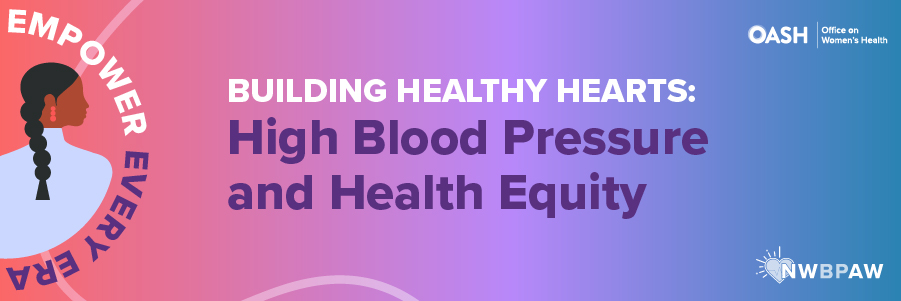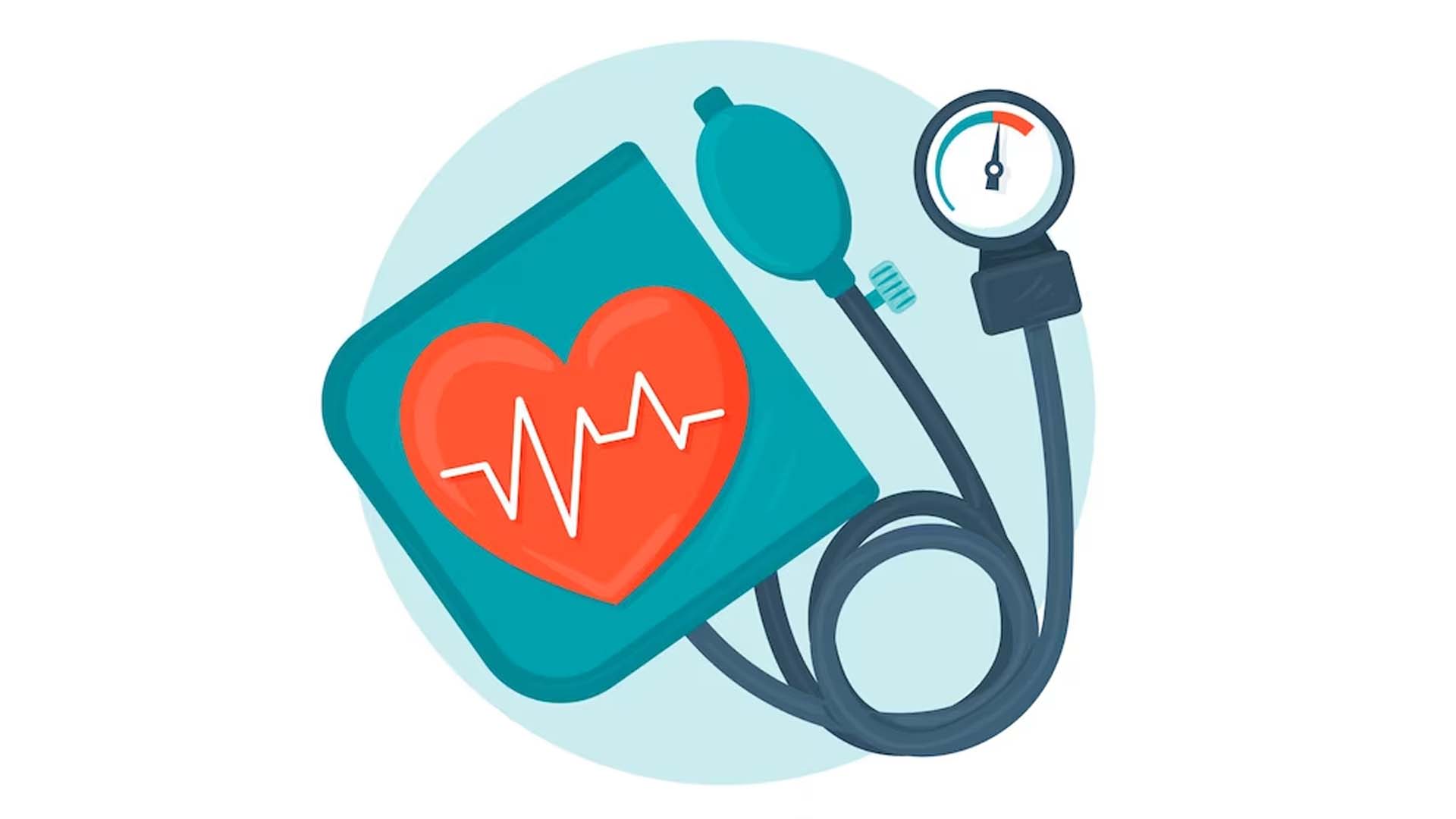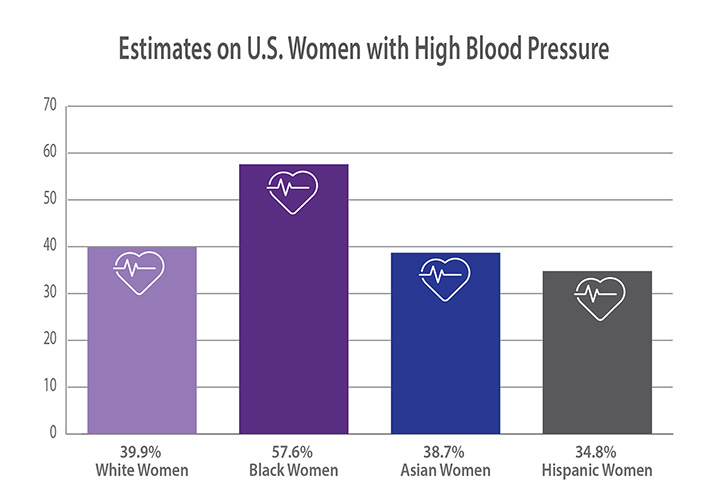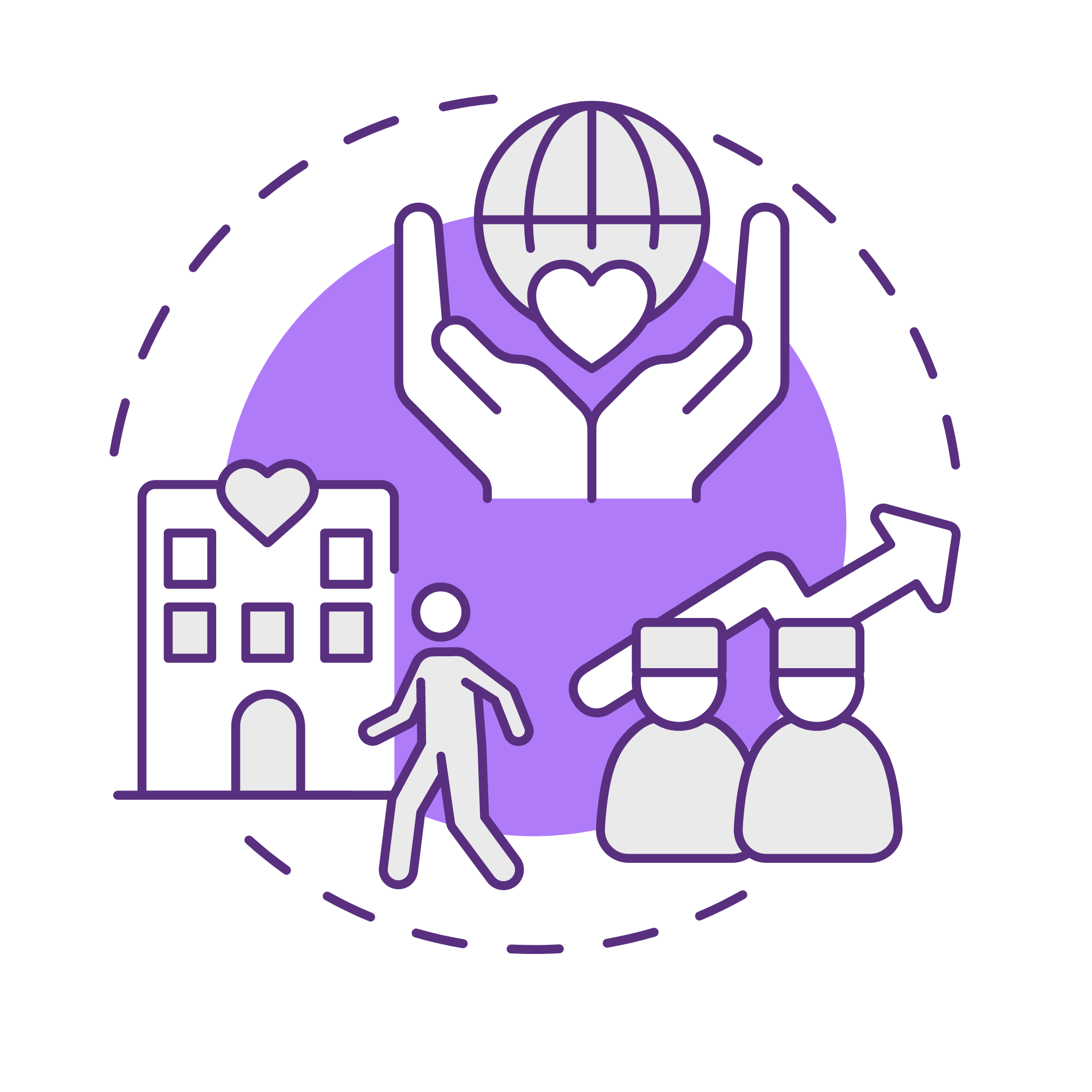
 Controlling blood pressure (hypertension) isn’t just about personal choices, such as eating a healthy diet and getting regular exercise. It’s also shaped by broader social factors, such as income, education, and access to health care. These factors, known as social determinants of health (SDOH), affect everything from where we live to the health care resources available in our community. Ensuring that everyone has a fair chance to control their blood pressure and stay healthy involves striving for health equity, providing resources based on the specific needs of different communities.
Controlling blood pressure (hypertension) isn’t just about personal choices, such as eating a healthy diet and getting regular exercise. It’s also shaped by broader social factors, such as income, education, and access to health care. These factors, known as social determinants of health (SDOH), affect everything from where we live to the health care resources available in our community. Ensuring that everyone has a fair chance to control their blood pressure and stay healthy involves striving for health equity, providing resources based on the specific needs of different communities.
Differences in Rates of High Blood Pressure
 Specific groups and communities that have been historically under-resourced or underserved may be more likely to experience higher rates of high blood pressure and heart disease because of barriers such as access to health care services and systemic discrimination. For example, nearly 58% of Black women in the U.S. have high blood pressure, which exceeds the rates of White, Asian, and Hispanic women by about 20%.
Specific groups and communities that have been historically under-resourced or underserved may be more likely to experience higher rates of high blood pressure and heart disease because of barriers such as access to health care services and systemic discrimination. For example, nearly 58% of Black women in the U.S. have high blood pressure, which exceeds the rates of White, Asian, and Hispanic women by about 20%.
During pregnancy, which is a time of increased high blood pressure risk for all women, Black women are more likely than White women to develop preeclampsia, a condition during pregnancy that happens when sudden high blood pressure causes problems with the kidneys and liver. The risks of high blood pressure during pregnancy can raise the lifelong risk of high blood pressure.
Additionally, almost 37% of women with disabilities have reported experiencing high blood pressure at some point in their lives, compared with only 22.6% of women without disabilities. Other risk factors for higher rates of heart disease include living with low income, receiving lower levels of education, and living in rural areas.
Changes to Systems Could Help Improve Rates of High Blood Pressure
 Addressing differences in care for high blood pressure is important for improving women’s health. Women in underserved communities face higher risks and more obstacles in controlling their blood pressure. Ensuring fair access to health care and education can help close this gap and promote heart health for all women.
Addressing differences in care for high blood pressure is important for improving women’s health. Women in underserved communities face higher risks and more obstacles in controlling their blood pressure. Ensuring fair access to health care and education can help close this gap and promote heart health for all women.
Several federal initiatives are working to address the disparities in health care access to better support those living with or at risk for high blood pressure and heart disease.
HHS Hypertension Innovator Award Competition
The U.S. Department of Health and Human Services’ (HHS), Office on Women’s Health (OWH) has selected the 11 final-phase awardees of the HHS Hypertension Innovator Award Competition. OWH developed the national competition to identify programs that use innovative methods of blood pressure monitoring and follow-up care during pregnancy and postpartum. Learn more about the awardees here.
Self-Measured Blood Pressure Program
OWH’s Self-Measured Blood Pressure (SMBP) Program is a network of public and private organizations focused on heart health. The collaborations from this group work to increase knowledge about hypertension and cardiovascular disease, expand access to resources for self-monitoring blood pressure, and encourage organizations to address heart health disparities, prevent hypertension, promote healthy blood pressure, and improve health equity on a community level.
Million Hearts: Focusing on Health Equity
The Centers for Disease Control and Prevention’s Million Hearts® 2027 initiative aims to advance cardiovascular health equity through specific policies, processes, and practices that provide access to resources and opportunities for all, with a deliberate emphasis on several populations.
Empowerment to Manage Blood Pressure
Although there are factors that can increase your risk of developing high blood pressure, you can still empower yourself by practicing heart-healthy habits. Some steps include:
- Partner with a health care provider. Creating a plan with a health care provider is essential. If you don’t have health insurance, visit HealthCare.gov to explore low-cost and free options. Federally qualified health centers can also provide support.
- Stay physically active. Staying active doesn’t require a gym or park. You can dance at home, use your body weight for exercises, or incorporate fitness into household chores. Many local community health centers offer fitness options as well.
- Prepare heart-healthy and budget-friendly meals and snacks. Eating a heart-healthy diet doesn’t have to be expensive. Click here to see some budget-friendly options for nutritious meals and snacks that fit your budget.
You and Your Health Care
You play an important role in every step of your health journey.
If you feel a health care provider is treating you unfairly, you have the right to express your concerns and be heard. You have many rights as a patient, including the right to understand your treatment options and the right to receive respectful care.
If helpful, you can bring a trusted friend or family member with you for additional support, note-taking, or help asking questions.
If you are unsure about a treatment plan, cannot get your questions answered, or don’t feel heard, you can look for a different health care provider who understands you better or might make you feel more comfortable. Sometimes, telehealth visits can give you new or additional options.
Explore the “Your Health, Your Way” fact sheet for more information about making the most of health care visits.
- Seek food assistance programs if needed. If you need help accessing fruits and vegetables, consider food assistance programs. They can provide support to ensure you get the necessary nutrients.
- Quit smoking and vaping. Quitting smoking is one of the best things you can do for your heart health.
- Avoid alcohol. Limit or cut out alcohol consumption to protect your heart.
- Get enough good-quality sleep. Restful sleep helps maintain healthy blood pressure and overall health.
- Manage stress. Finding healthy ways to manage stress can significantly benefit your heart health.
Knowing your personal risk factors for high blood pressure is important to stay proactive about your heart health and empower you to stay healthy and informed.
Resources to Learn More
Learn more about the many factors that can affect blood pressure to help you better manage your health and prevent disease.
For Women, Girls, and Families
- Disability and Healthy Living — Centers for Disease Control and Prevention (CDC)
- Find a Health Center — Health Resources and Services Administration (HRSA)
- Find support for living with heart disease — WomenHeart
- HealthCare.gov — Centers for Medicare & Medicaid Services (CMS)
- Health Equity in Healthy People 2030 — HHS Office of Disease Prevention and Health Promotion (ODPHP)
- Heart-healthy version of Chinese food may lower blood pressure — American Heart Association (AHA)
- High Blood Pressure (diet tips and more) — U.S. Department of Agriculture
- Keep High Blood Pressure Under Control — NIH National Heart, Lung, and Blood Institute (NHLBI)
- Managing High Blood Pressure: How We Can Support Each Other — Black Women’s Health Imperative
- Materials for the American Indian/Alaska Native Population — NIH National Heart, Lung, and Blood Institute (NHLBI)
- Move Your Way: Tips for Getting Active Indoors — HHS Office of Disease Prevention and Health Promotion (ODPHP)
- On-demand fitness classes (videos) — American Heart Association (AHA)
- Social Determinants of Health — HHS Office of Disease Prevention and Health Promotion (ODPHP)
- Steps for Getting Started With Physical Activity — Centers for Disease Control and Prevention (CDC)
- Steps for Improving Your Eating Habits — Centers for Disease Control and Prevention (CDC)
- Women and heart disease – Her Story: Wakisha Stewart (video) — NIH National Heart, Lung, and Blood Institute (NHLBI)
For Health Care Providers
- Addressing Social Determinants of Health in Federal Programs — HHS Assistant Secretary for Planning and Evaluation (ASPE)
- Social Determinants of Health - Healthy People 2030 — HHS Office of Disease Prevention and Health Promotion (ODPHP)
- Health Equity in Healthy People 2030 — HHS Office of Disease Prevention and Health Promotion (ODPHP)
- Health Equity — NIH National Institute on Minority Health and Health Disparities (NIMHD)
- Improving Chronic Disease Outcomes Through Approaches that Address Social Determinants of Health — NIH Office of Research on Women’s Health (ORWH)
- Why BP must be top of mind at every Black woman's doctor — American Medical Association (AMA)
- Success Story: Excellence in Hypertension Control in a Rural Setting — CDC’s Million Hearts®
- Health Care Resource Center — Centers for Medicare & Medicaid Services (CMS)
- Health Equity Resource Center — American College of Cardiology
- Healthy Heart Toolkit and Research — U.S. Environmental Protection Agency (EPA)
- Hypertension Prevention and Control Improvement Toolkit — Reproductive Health National Training Center


